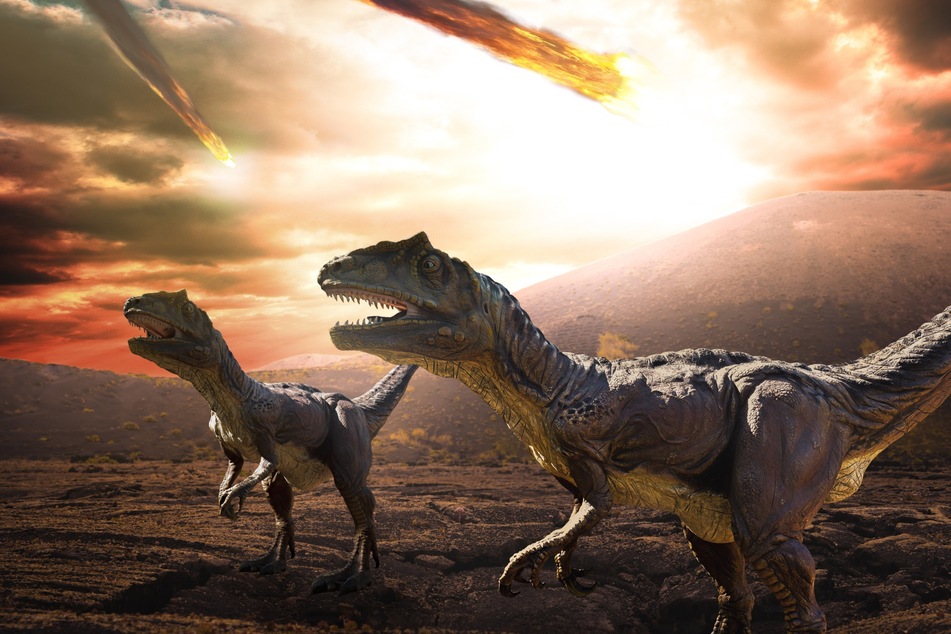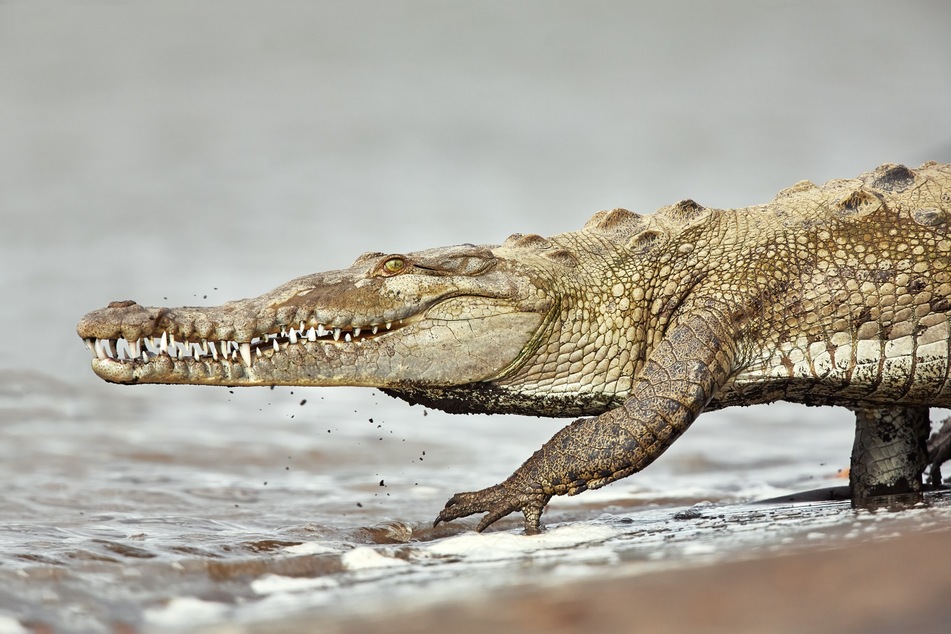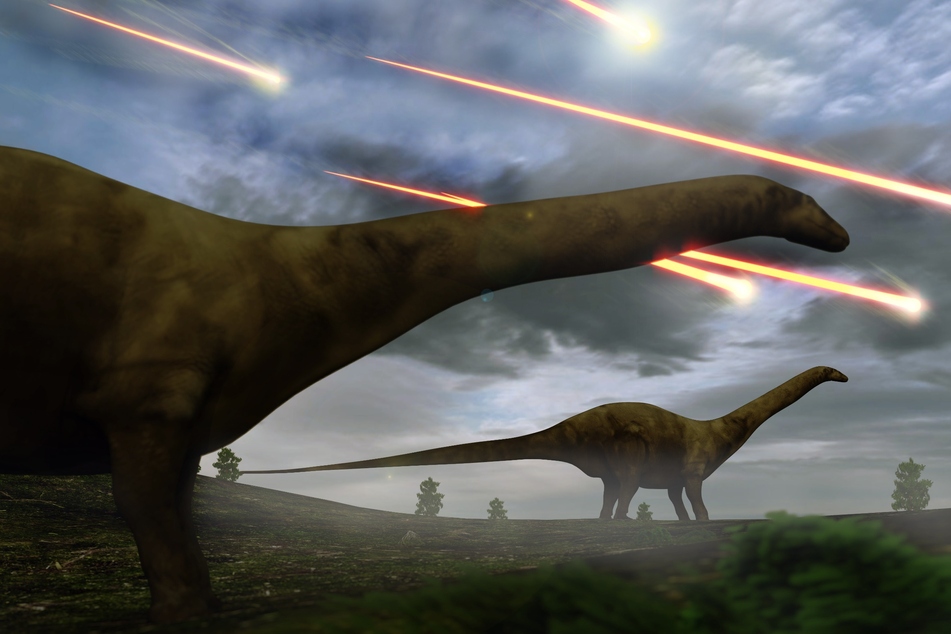Study gives new insights into dinosaur world before asteroid hit
Washington DC - Dinosaurs were struck down in their prime and were not in decline at the time the asteroid hit, according to a new scientific study.

The landmark findings provide the strongest evidence yet that the animals dominated the world right up until a deadly asteroid hit the earth, leading to their mass extinction some 66 million years ago, researchers say.
Scientists have long debated why non-bird dinosaurs, including Tyrannosaurus rex and Triceratops, became extinct – whereas mammals and other species such as turtles and crocodiles survived.
The findings suggest the mammals that survived the asteroid impact may have done so because they were already in the process of adapting to their environment and were therefore able to change more rapidly.
The study, led by an international team of paleontologists and ecologists, analyzed 1,600 fossil records from North America.
They modelled the food chains and ecological habitats of land-living and freshwater animals during the last several million years of the Cretaceous, and the first few million years of the Paleogene period, after the asteroid hit.
They found that many small mammals lived alongside the dinosaurs.
Mammals better equipped to deal with big changes

Paleontologists have known for some time that many small mammals lived alongside the dinosaurs.
The new research reveals these creatures were diversifying their diets, adapting to their environments, and becoming more important components of ecosystems as the Cretaceous unfolded.
Meanwhile, the dinosaurs were supremely well adapted to what suited them, the study found.
Experts say mammals did not just take advantage of the dinosaurs dying, experts say.
They were creating their own advantages through diversifying – by evolving more varied diets and behavior, as well as enduring small shifts in climate.
According to the researchers, this behavior probably helped them to survive, as they were better able than the dinosaurs to cope with the radical and abrupt destruction caused by the asteroid.
Strength of dinosaur ecology turned to weakness

Co-lead author, Alfio Alessandro Chiarenza, Department of Ecology and Animal Biology, University of Vigo, Spain, said: "It seems that the stable ecology of the last dinosaurs actually hindered their survival in the wake of the asteroid impact, which abruptly changed the ecological rules of the time."
"Conversely, some birds, mammals, crocodilians, and turtles had previously been better adapted to unstable and rapid shifts in their environments, which might have made them better able to survive when things suddenly went bad when the asteroid hit."
Senior author, Professor Steve Brusatte, Personal Chair of Paleontology and Evolution, School of GeoSciences, University of Edinburgh, said: "Dinosaurs were going strong, with stable ecosystems, right until the asteroid suddenly killed them off."
"Meanwhile, mammals were diversifying their diets, ecologies and behaviors while dinosaurs were still alive."
"So it wasn’t simply that mammals took advantage of the dinosaurs dying, but they were making their own advantages, which ecologically preadapted them to survive the extinction and move into niches left vacant by the dead dinosaurs."
The research is published in the journal Science Advances.
Cover photo: 123rf/auntspray

